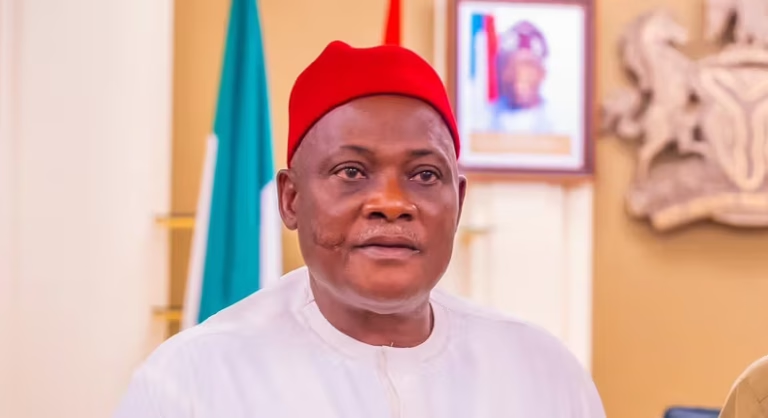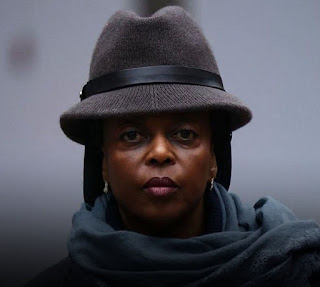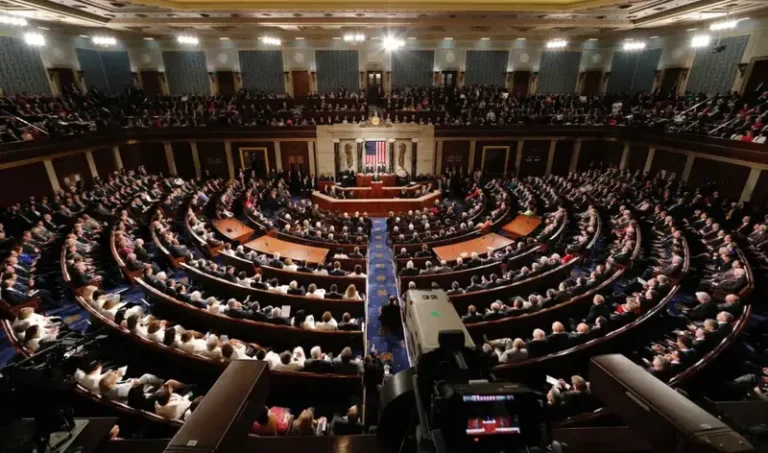
The Nigerian Bar Association (NBA) said it has identified seven lawyers, including a Senior Advocate of Nigeria (SAN) that influenced judges to issue conflicting court orders, especially on political matters.
The seven lawyers, according to the President of the NBA, Mr Olumide Akpata, were found culpable by the investigation committee set up by the association.
Addressing newsmen in Abuja, Akpata said the indicted lawyers would be charged before the Legal Practitioners Disciplinary Committee (LPDC) for judicial misconduct.
“Some lawyers have been identified to have played roles in conflicting decisions that emanated from different courts recently. They are seven in number, including a Senior Advocate of Nigeria.
“We are in the process of filing a petition against them before the LPDC. This is based on our determination to ensure that the system is protected, irrespective of those involved,” Akpata added.
The LPDC is the body recognised by law to take disciplinary action against lawyers accused of professional misconduct, while the NBA which is the umbrella body of lawyers in the country serves as the prosecutor in any trial before its panel.
It will be recalled that the National Judicial Council (NJC) had earlier barred three high court judges from getting promotion for periods ranging from two to five years after it found them guilty of issuing conflicting ex-parte orders.
The NJC headed by the Chief Justice of Nigeria (CJN), Justice Ibrahim Tanko Muhammad said the three judges were investigated even though there was no written petition or allegations of corruption or impropriety against them.
With the NBA’s 2022 Justice Sector Summit scheduled for Tuesday, the association called for a review of the process for the appointment of judges, maintaining that the extant process for selection of those to be appointed as judicial officers is flawed.
“The NBA believes that there is something not right about the way we appoint judges. The process is not rigorous or robust enough. We cannot expect such process to be beneficial to the judiciary.
“We have sent our recommendation to the NJC regarding how we think that the process should be structured to become better and more efficient. The process needs to be standardized. While some states subject candidates to examinations, others don’t.
“We have passed the era when someone will sit down in the comfort of his chamber and decide who should be appointed as a judge. There must be a clearly defined process of selecting those that should be appointed as judges.
“This is why the issue of judicial appointment is one of the things that will be discussed at the summit,” Akpata stated.
Courtesy (excluding headline) Nigerian Tribune








